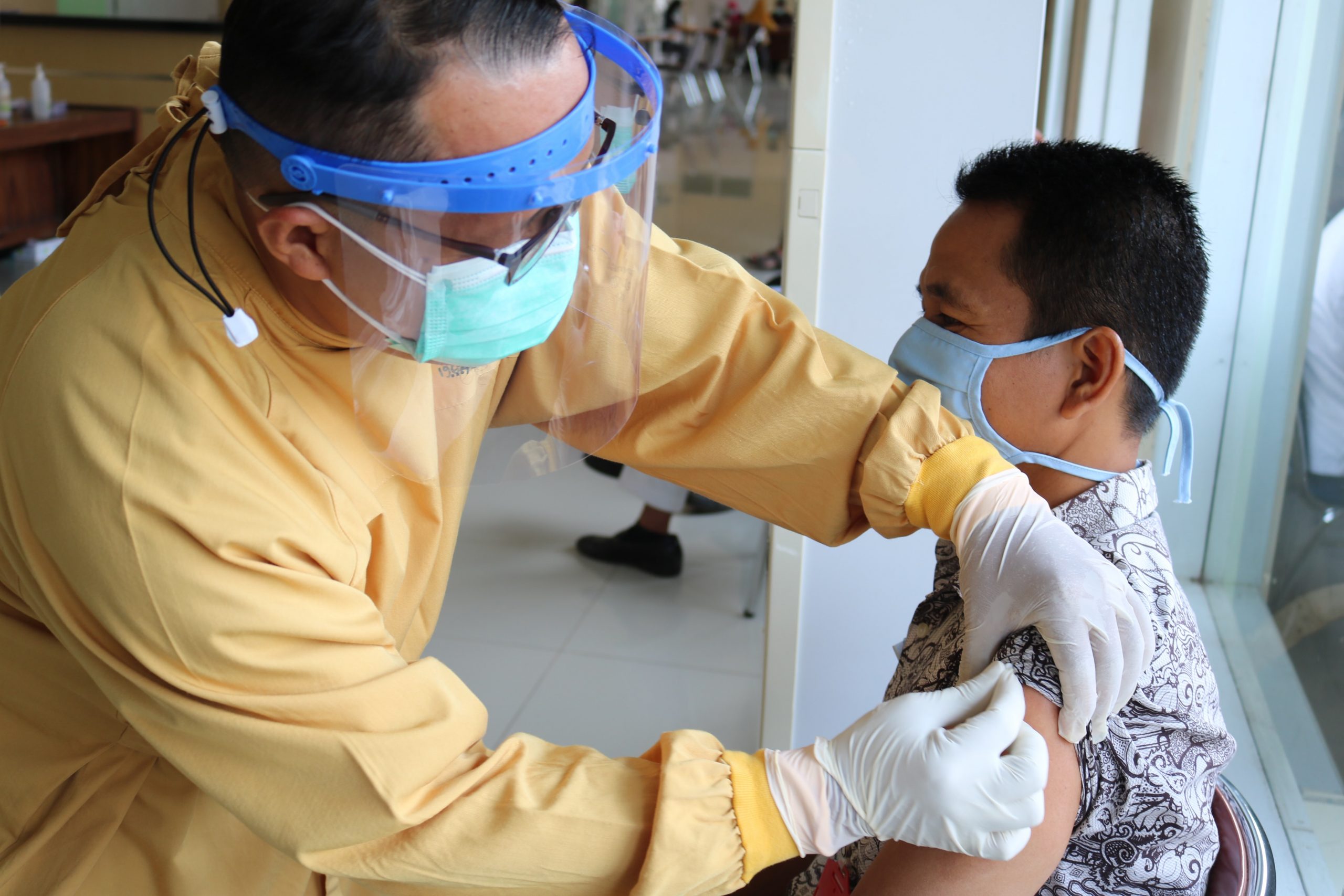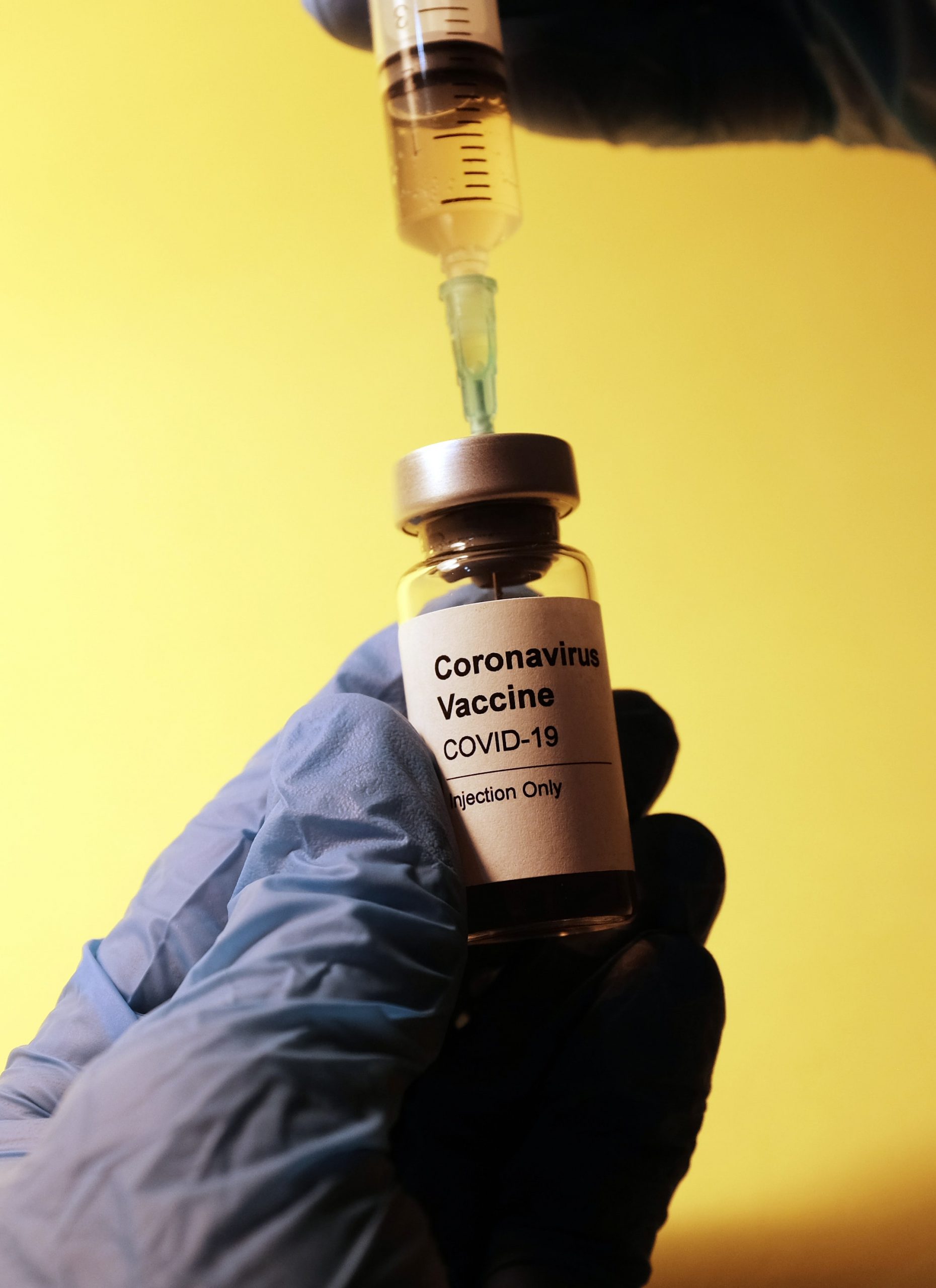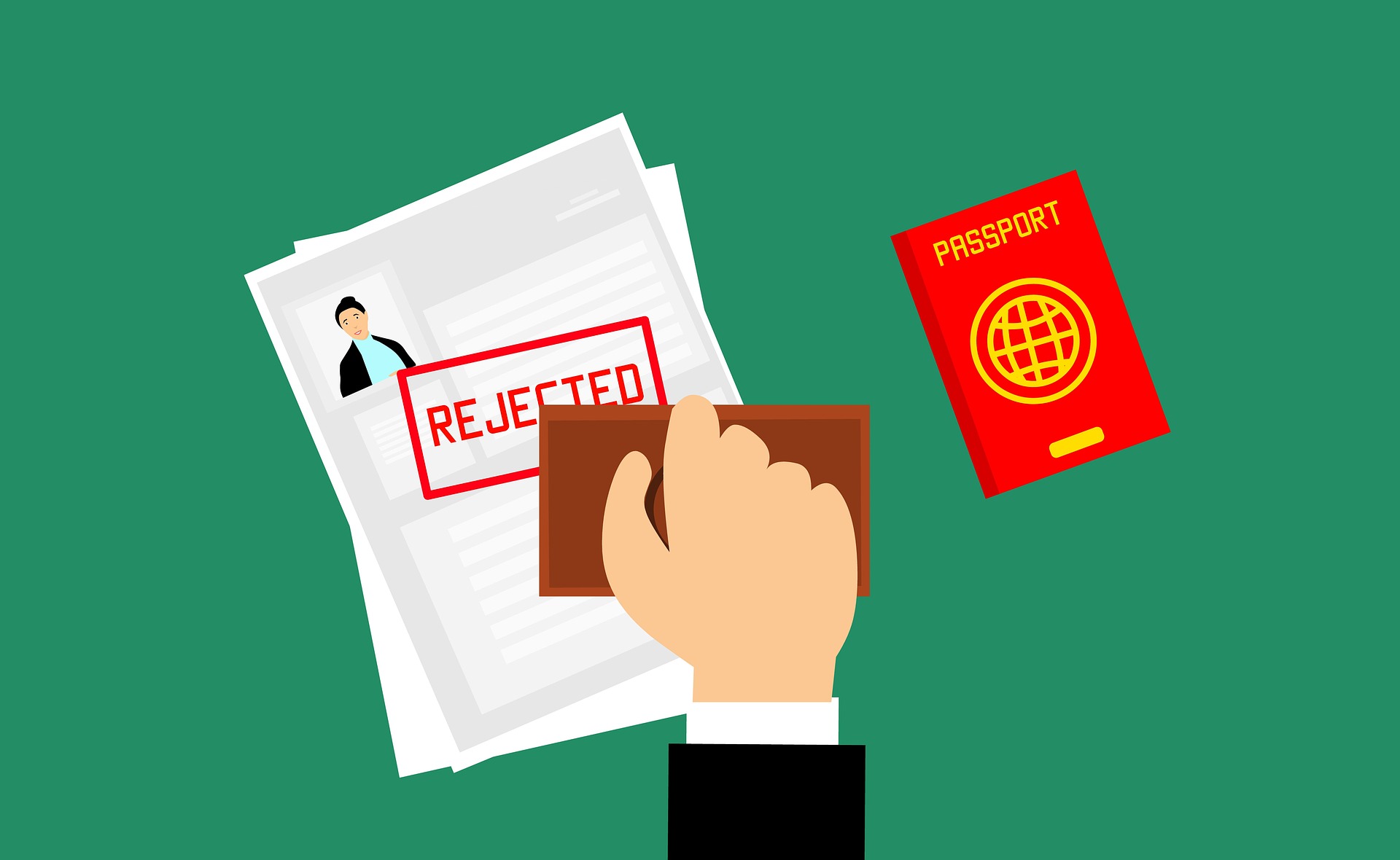We have very exciting news for nonimmigrant visa applicants. Today, December 23rd, the Department of State announced that the agency has granted Consular officers the discretionary power to waive the in-person interview requirement for certain temporary employment nonimmigrant visa applicants, provided such applicants have a petition approved by USCIS. This new discretionary power will apply to temporary workers applying for H-1, H-3, H-4, L, O, P, and Q visas who are applying for a visa in their country of nationality or residence.
Interview Waiver Policy for Certain Nonimmigrant Workers
Pursuant to this new policy, Consular officers now have the discretion to waive the visa interview requirement for:
- individual petition-based H-1, H-3, H-4, L, O, P, and Q applicants who were previously issued any type of visa, and that have not had any visa refusal or ineligibility issues in the past OR
- first-time individual petition-based H-1, H-3, H-4, L, O, P, and Q who are citizens or nationals of a country that participates in the Visa Waiver Program (VWP), provided that they have no ineligibility issues and have previously traveled to the United States using an authorization obtained via the Electronic System for Travel Authorization (ESTA)
Interview Waiver Policy for Certain F, M, and academic J visa applicants
At the same time, the Secretary of State has extended a previously approved policy designed to waive the in-person interview requirement for certain students, professors, research scholars, short-term scholars, or specialists (F, M, and academic J visa applicants) through the end of 2022.
To be eligible for the interview waiver as citizens or nationals of a country participating in the Visa Waiver Program, applicants must (1) have previously traveled to the United States using an authorization obtained via ESTA and (2) must apply for a visa in their country of nationality or residence.
Additionally, just like the policy applied to certain non-immigrant workers, Consular officers will also have the discretion to waive the visa interview requirement for:
- F, M, and academic J visa applicants who were previously issued any type of visa, and that have not had any visa refusal or ineligibility issues in the past OR
- first-time F, M, and academic J visa applicants that are (1) citizens or nationals of a country that participates in VWP and (2) that have previously traveled to the United States via an ESTA authorization, and that have not had any visa ineligibility issues in the past
 Visa Lawyer Blog
Visa Lawyer Blog













